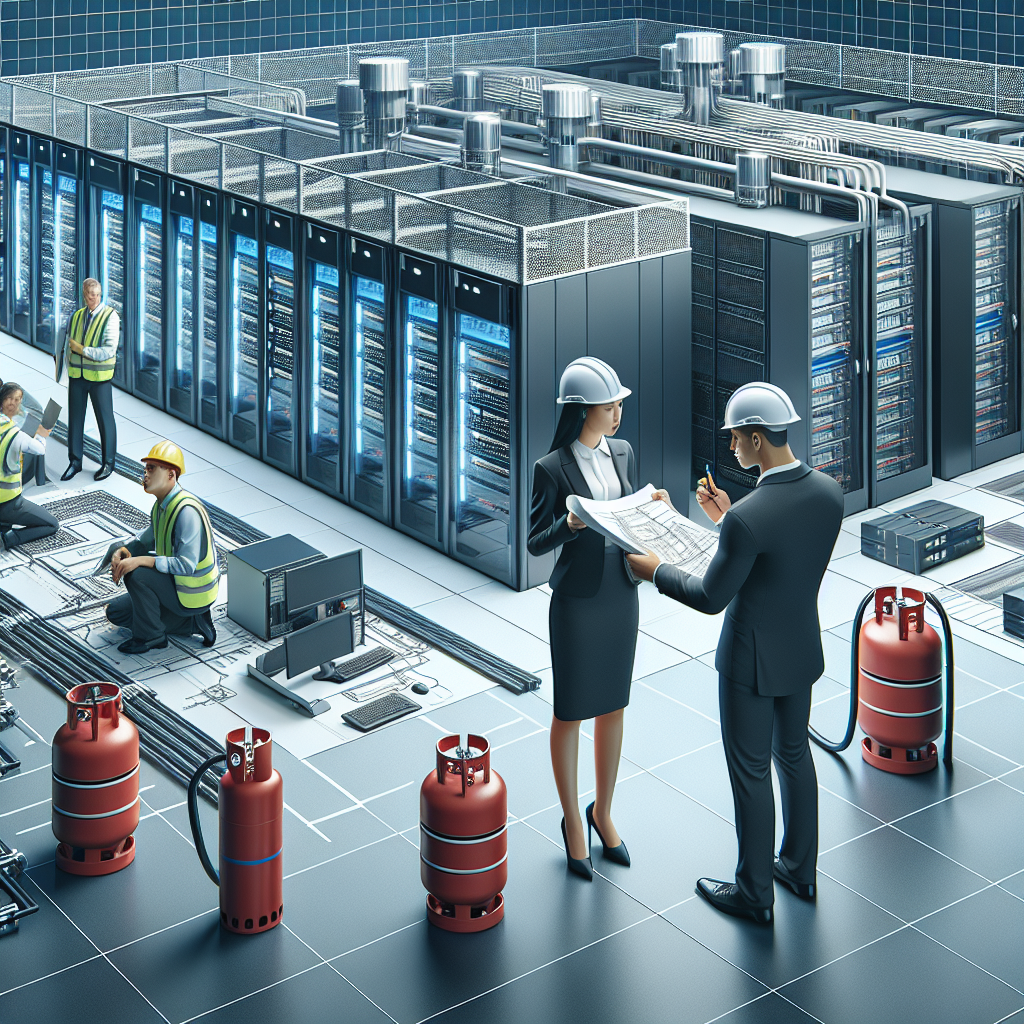Your cart is currently empty!
Key Considerations for Implementing a Data Center Fire Suppression System

Data centers are critical components of modern businesses, housing sensitive data and equipment that need to be protected at all costs. One of the biggest threats to data centers is fire, which can cause irreparable damage and data loss. Implementing a fire suppression system is essential to minimize the risk of fire and protect the valuable assets within the data center.
When it comes to implementing a data center fire suppression system, there are several key considerations that need to be taken into account to ensure that the system is effective and meets the specific needs of the data center. Here are some important factors to consider when implementing a data center fire suppression system:
1. Compliance with regulations: It is essential to ensure that the fire suppression system complies with all relevant regulations and standards. This includes ensuring that the system meets the requirements set out by bodies such as the National Fire Protection Association (NFPA) and the International Organization for Standardization (ISO).
2. Type of suppression system: There are several types of fire suppression systems available, including water-based systems, gas-based systems, and aerosol-based systems. The type of system chosen will depend on factors such as the size of the data center, the type of equipment housed within it, and the budget available.
3. Detection and alarm systems: In addition to a suppression system, it is important to have an effective detection and alarm system in place to quickly alert individuals in the event of a fire. This can help to minimize the damage caused by the fire and ensure the safety of personnel within the data center.
4. Redundancy: It is important to have redundancy built into the fire suppression system to ensure that it remains operational even in the event of a failure. This can include redundant detection systems, multiple suppression agents, and backup power sources.
5. Maintenance and testing: Regular maintenance and testing of the fire suppression system are essential to ensure that it remains in good working order and is able to effectively suppress a fire when required. This includes regular inspections, testing of detectors and alarms, and servicing of suppression agents.
6. Training and procedures: It is important to provide training to personnel on how to respond in the event of a fire and ensure that there are clear procedures in place for evacuating the data center and using the fire suppression system.
Implementing a data center fire suppression system is a critical aspect of protecting the valuable assets within the data center. By considering factors such as compliance, type of system, detection and alarm systems, redundancy, maintenance, and training, data center operators can ensure that their fire suppression system is effective and able to minimize the risk of fire damage.

Leave a Reply